Appointment of Dr. Reza Fakhari as the New President/CEO of the Global Citizenship Alliance
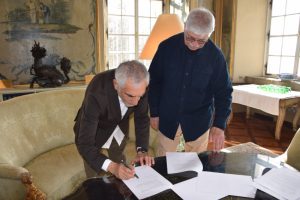 On behalf of the Board of Directors of the Global Citizenship Alliance (GCA), I am pleased to announce that Dr. Reza Fakhari has been selected as the new president of the organization effective March 4, 2024. Dr. Fakhari succeeds Dr. Jochen Fried, the founding President/CEO of the GCA for the past 8 years and the director of its predecessor at the Salzburg Global Seminar since 2004. Dr. Fried will remain a vital part of the Organisation as Senior Advisor, working closely with Dr. Fakhari whom he has known and collaborated with as a valued colleague for the past 20 years.
On behalf of the Board of Directors of the Global Citizenship Alliance (GCA), I am pleased to announce that Dr. Reza Fakhari has been selected as the new president of the organization effective March 4, 2024. Dr. Fakhari succeeds Dr. Jochen Fried, the founding President/CEO of the GCA for the past 8 years and the director of its predecessor at the Salzburg Global Seminar since 2004. Dr. Fried will remain a vital part of the Organisation as Senior Advisor, working closely with Dr. Fakhari whom he has known and collaborated with as a valued colleague for the past 20 years.
Dr. Fakhari has been closely involved in the work and advancement of the GCA serving as the Secretary of the Board for the past 8 years and before that as visiting faculty. Promoting and defending human rights for everyone, anywhere has also been a deep passion of Dr. Fakhari. He was elected to the Amnesty International USA Board of Directors in 2014 and served as Vice Chair and Chair of its Board. He frequently speaks and writes about the imperative of global, intercultural, and interreligious understanding and engagement in our rapidly globalizing and highly interdependent world.
Before his appointment to the new role at the GCA, Dr. Fakhari served as the Vice President for Internationalization & Strategic Initiatives and as a professor of international politics at St. Francis College in New York City, where he led the comprehensive internationalization of the college including innovative programming in human rights, global citizenship, global migration, and global sustainability. He will continue as a teaching faculty at St. Francis College.
Prior to that, he served for 30 years in progressively responsible and diverse roles at LaGuardia Community College and Kingsborough Community College of the City University of New York (CUNY) as professor, director, dean, associate provost, and vice president. He has been an adjunct Research Manager for Ph.D. student fellows at the “Emerging Threats 21: Resilience and Sustainability of Global Institutions Program” at Rutgers University and in addition has also taught at Fordham University, Vassar College, and International Pacific College in New Zealand. For more information, see: GCA Team
 The GCA Board greatly appreciates the effective leadership and tremendous contribution of Dr. Fried in establishing the GCA as a premier center for Global Citizenship education. The Board looks forward to working closely with Dr. Fakhari and supporting him as he embarks on the leadership role of our organization.
The GCA Board greatly appreciates the effective leadership and tremendous contribution of Dr. Fried in establishing the GCA as a premier center for Global Citizenship education. The Board looks forward to working closely with Dr. Fakhari and supporting him as he embarks on the leadership role of our organization.
Augie Gallego
Chair, The GCA Board of Directors
Left to right: Dr. Fakhari, Dr. Fried, Mr. Gallego
___________________________________________________________
About the GCA: The Global Citizenship Alliance aims to promote education for engaged knowledge and responsible action in an interdependent world by engaging institutions and individuals primarily in regular seminars convened at the historic Schloss Leopoldskron, the home of the renowned Salzburg Global Seminar, where the GCA has its origins. Initiated in 2004 as the Global Citizenship Program at Salzburg Global Seminar, the GCA was established in 2015 as an independent non-profit organization. The GCA and Salzburg Global continue to have a proud association and ongoing collaboration.
Appointment of Dr. Reza Fakhari as the New President/CEO of the Global Citizenship Alliance
 On behalf of the Board of Directors of the Global Citizenship Alliance (GCA), I am pleased to announce that Dr. Reza Fakhari has been selected as the new president of the organization effective March 4, 2024. Dr. Fakhari succeeds Dr. Jochen Fried, the founding President/CEO of the GCA for the past 8 years and the director of its predecessor at the Salzburg Global Seminar since 2004. Dr. Fried will remain a vital part of the Organisation as Senior Advisor, working closely with Dr. Fakhari whom he has known and collaborated with as a valued colleague for the past 20 years.
On behalf of the Board of Directors of the Global Citizenship Alliance (GCA), I am pleased to announce that Dr. Reza Fakhari has been selected as the new president of the organization effective March 4, 2024. Dr. Fakhari succeeds Dr. Jochen Fried, the founding President/CEO of the GCA for the past 8 years and the director of its predecessor at the Salzburg Global Seminar since 2004. Dr. Fried will remain a vital part of the Organisation as Senior Advisor, working closely with Dr. Fakhari whom he has known and collaborated with as a valued colleague for the past 20 years.
Dr. Fakhari has been closely involved in the work and advancement of the GCA serving as the Secretary of the Board for the past 8 years and before that as visiting faculty. Promoting and defending human rights for everyone, anywhere has also been a deep passion of Dr. Fakhari. He was elected to the Amnesty International USA Board of Directors in 2014 and served as Vice Chair and Chair of its Board. He frequently speaks and writes about the imperative of global, intercultural, and interreligious understanding and engagement in our rapidly globalizing and highly interdependent world.
Before his appointment to the new role at the GCA, Dr. Fakhari served as the Vice President for Internationalization & Strategic Initiatives and as a professor of international politics at St. Francis College in New York City, where he led the comprehensive internationalization of the college including innovative programming in human rights, global citizenship, global migration, and global sustainability. He will continue as a teaching faculty at St. Francis College.
Prior to that, he served for 30 years in progressively responsible and diverse roles at LaGuardia Community College and Kingsborough Community College of the City University of New York (CUNY) as professor, director, dean, associate provost, and vice president. He has been an adjunct Research Manager for Ph.D. student fellows at the “Emerging Threats 21: Resilience and Sustainability of Global Institutions Program” at Rutgers University and in addition has also taught at Fordham University, Vassar College, and International Pacific College in New Zealand. For more information, see: GCA Team
 The GCA Board greatly appreciates the effective leadership and tremendous contribution of Dr. Fried in establishing the GCA as a premier center for Global Citizenship education. The Board looks forward to working closely with Dr. Fakhari and supporting him as he embarks on the leadership role of our organization.
The GCA Board greatly appreciates the effective leadership and tremendous contribution of Dr. Fried in establishing the GCA as a premier center for Global Citizenship education. The Board looks forward to working closely with Dr. Fakhari and supporting him as he embarks on the leadership role of our organization.
Augie Gallego
Chair, The GCA Board of Directors
Left to right: Dr. Fakhari, Dr. Fried, Mr. Gallego
___________________________________________________________
About the GCA: The Global Citizenship Alliance aims to promote education for engaged knowledge and responsible action in an interdependent world by engaging institutions and individuals primarily in regular seminars convened at the historic Schloss Leopoldskron, the home of the renowned Salzburg Global Seminar, where the GCA has its origins. Initiated in 2004 as the Global Citizenship Program at Salzburg Global Seminar, the GCA was established in 2015 as an independent non-profit organization. The GCA and Salzburg Global continue to have a proud association and ongoing collaboration.


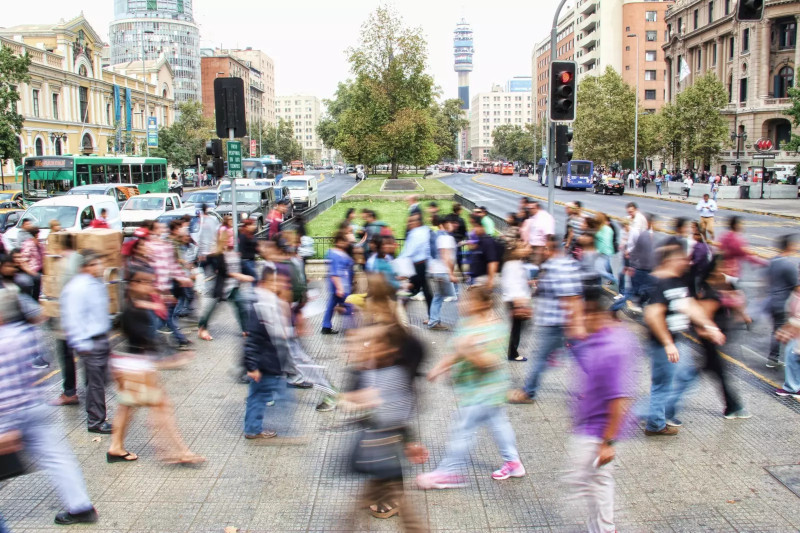




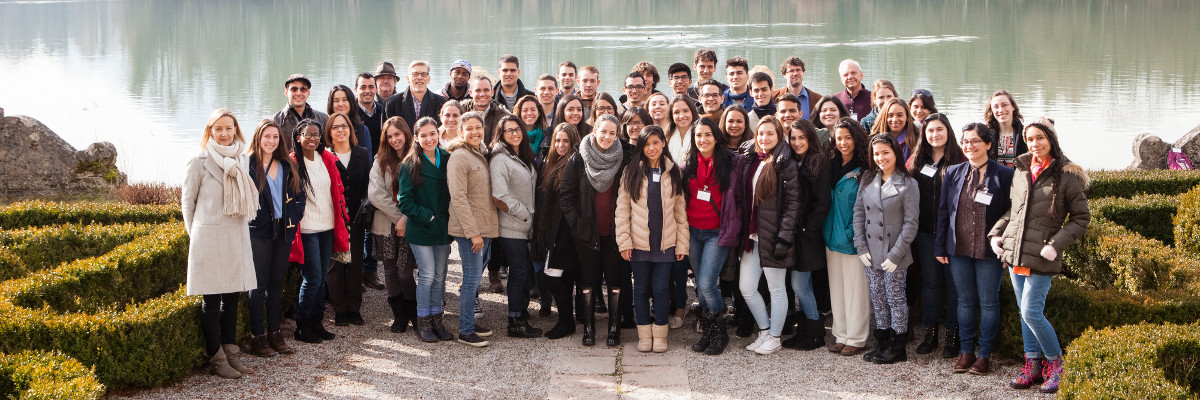
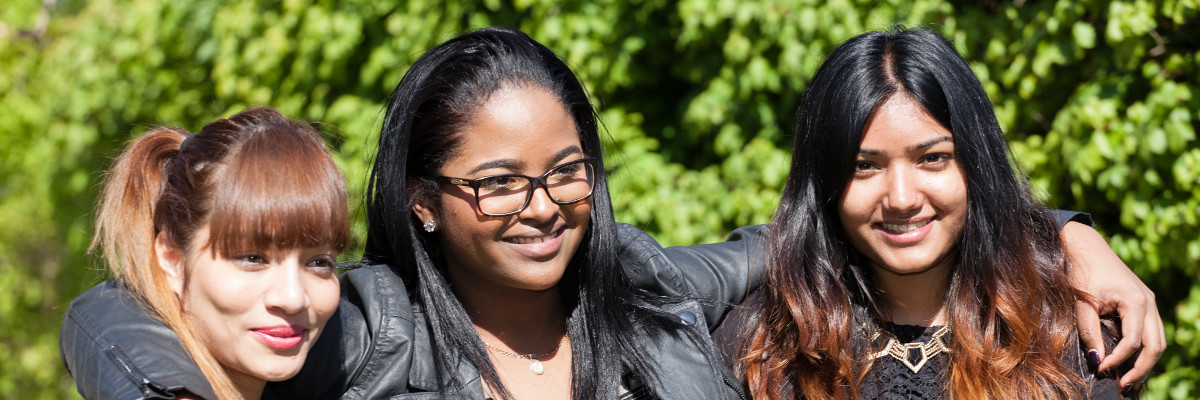
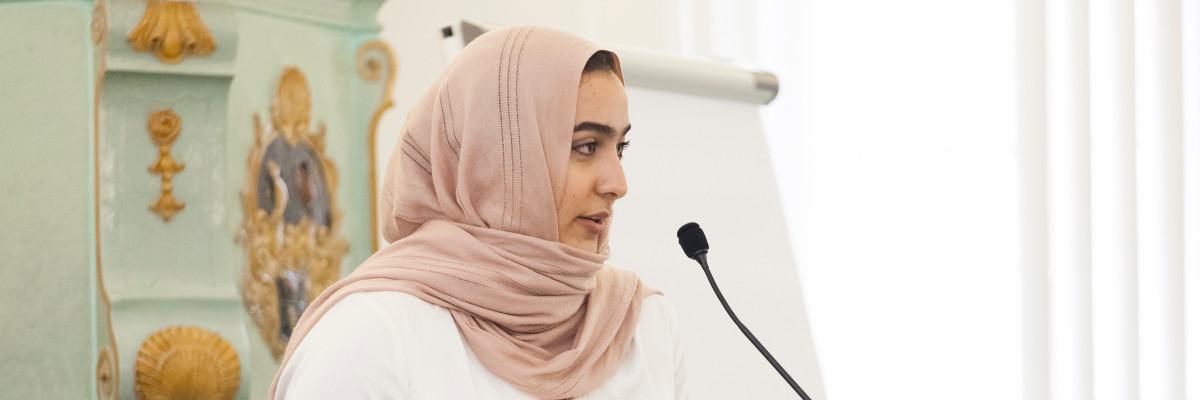
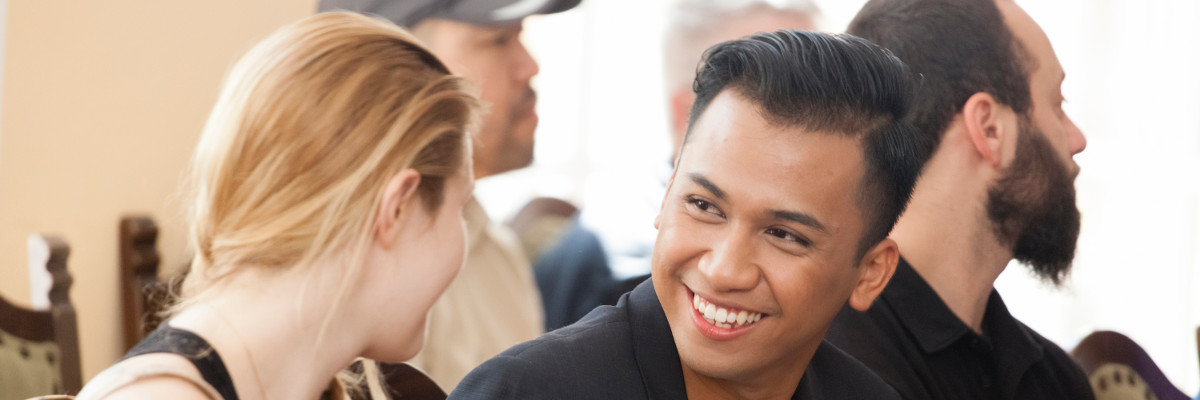
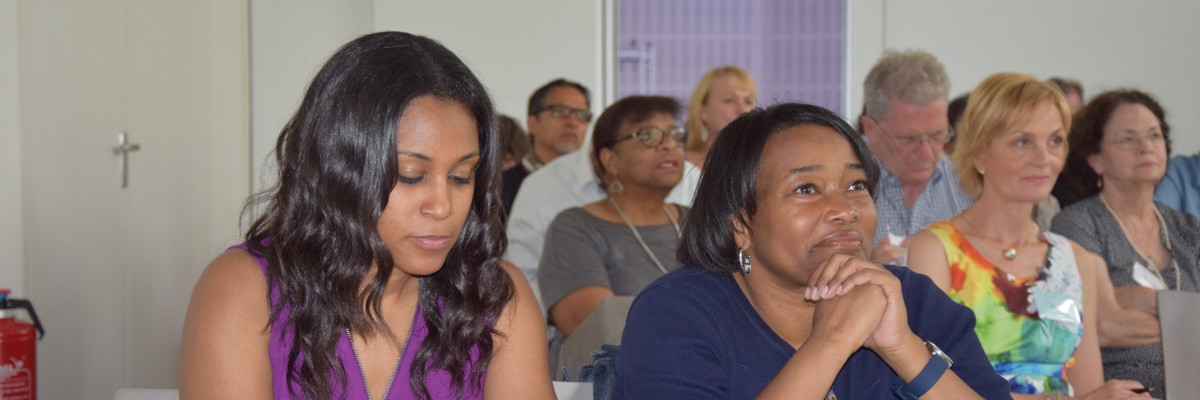
 On behalf of the Board of Directors of the Global Citizenship Alliance (GCA), I am pleased to announce that Dr. Reza Fakhari has been selected as the new president of the organization effective March 4, 2024. Dr. Fakhari succeeds Dr. Jochen Fried, the founding President/CEO of the GCA for the past 8 years and the director of its predecessor at the Salzburg Global Seminar since 2004. Dr. Fried will remain a vital part of the Organisation as Senior Advisor, working closely with Dr. Fakhari whom he has known and collaborated with as a valued colleague for the past 20 years.
On behalf of the Board of Directors of the Global Citizenship Alliance (GCA), I am pleased to announce that Dr. Reza Fakhari has been selected as the new president of the organization effective March 4, 2024. Dr. Fakhari succeeds Dr. Jochen Fried, the founding President/CEO of the GCA for the past 8 years and the director of its predecessor at the Salzburg Global Seminar since 2004. Dr. Fried will remain a vital part of the Organisation as Senior Advisor, working closely with Dr. Fakhari whom he has known and collaborated with as a valued colleague for the past 20 years. The GCA Board greatly appreciates the effective leadership and tremendous contribution of Dr. Fried in establishing the GCA as a premier center for Global Citizenship education. The Board looks forward to working closely with Dr. Fakhari and supporting him as he embarks on the leadership role of our organization.
The GCA Board greatly appreciates the effective leadership and tremendous contribution of Dr. Fried in establishing the GCA as a premier center for Global Citizenship education. The Board looks forward to working closely with Dr. Fakhari and supporting him as he embarks on the leadership role of our organization.